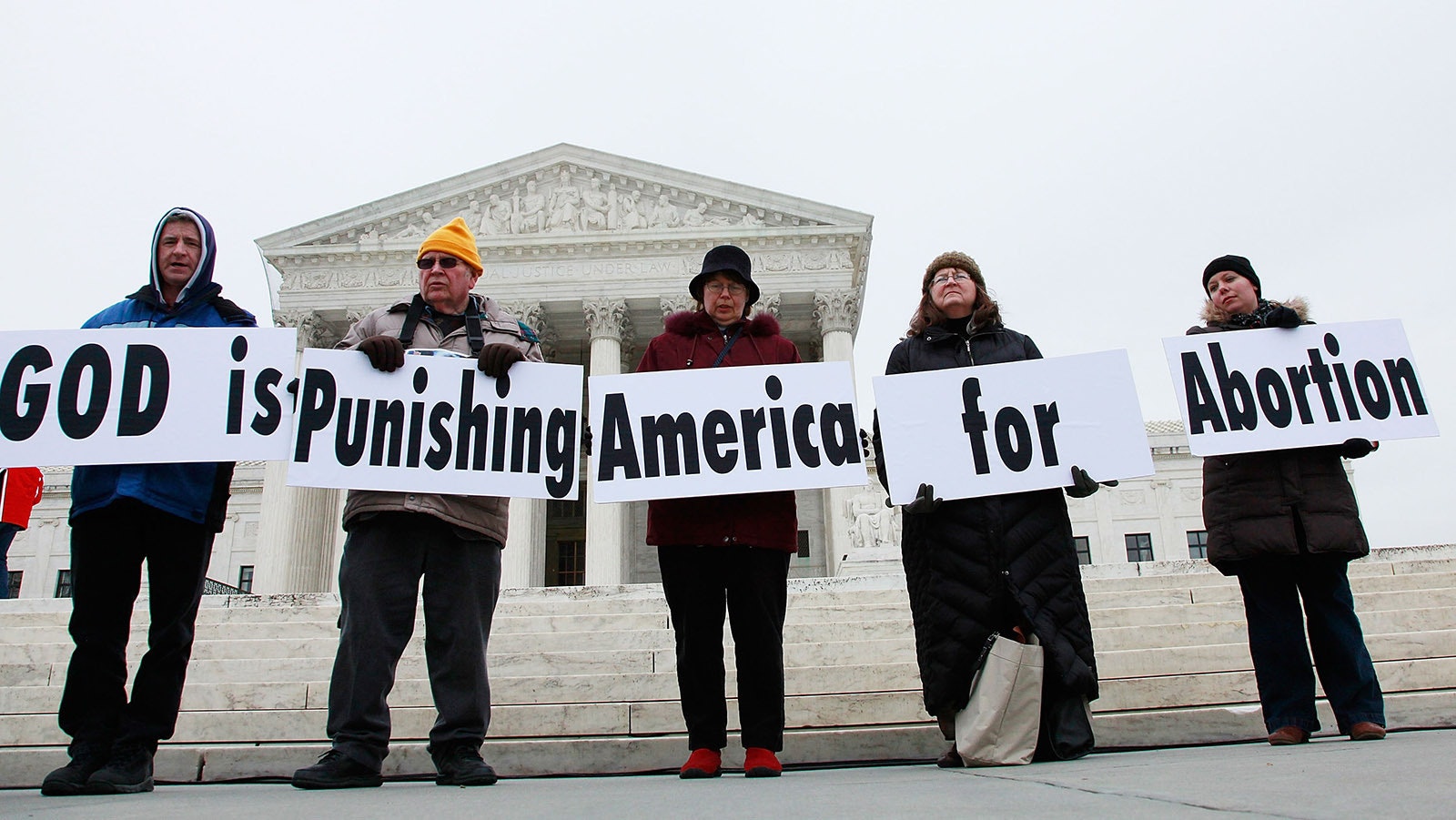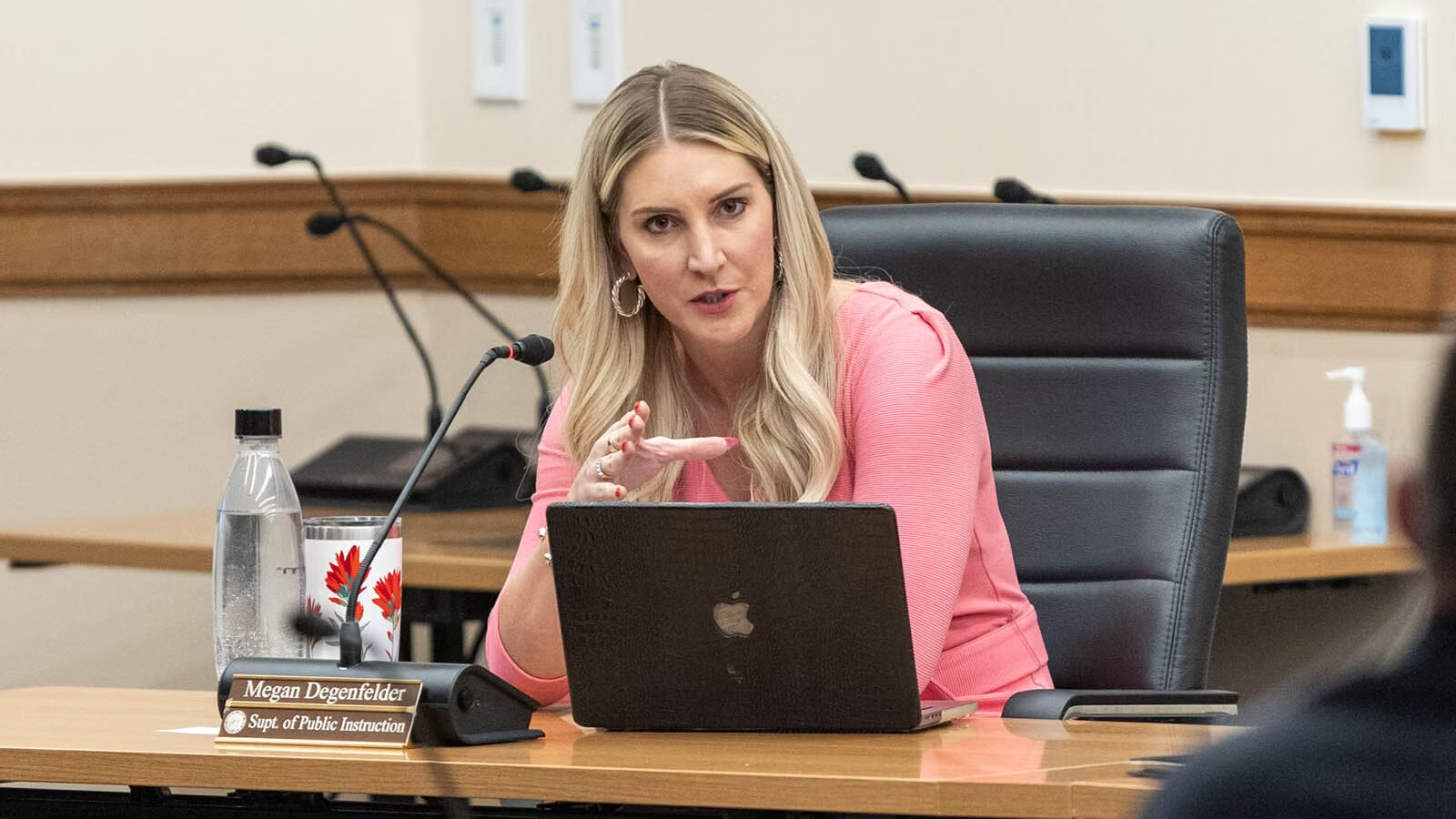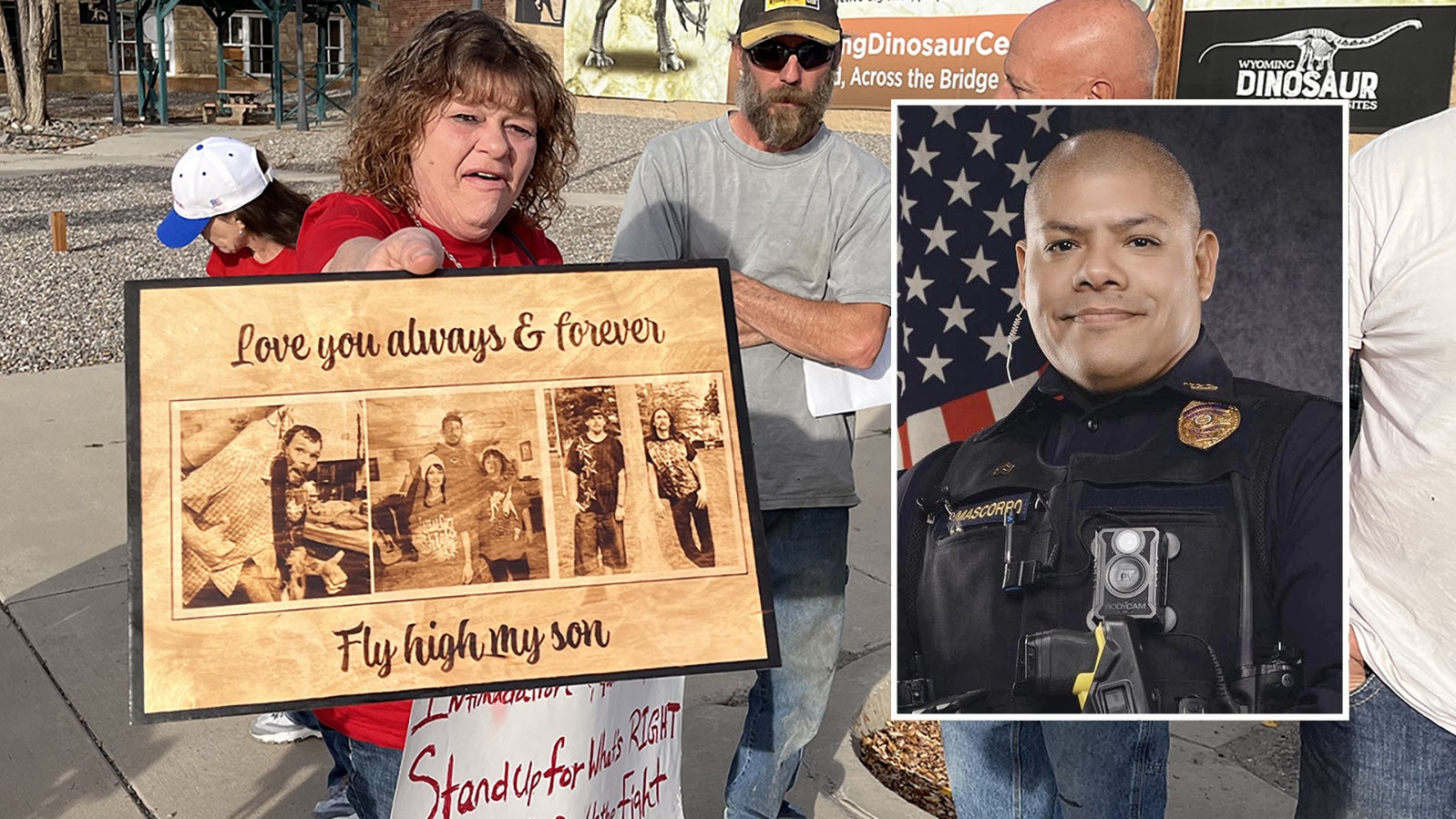A sweeping abortion ban proposed in the Wyoming Legislature this year passed the state House of Representatives by a 46-16 vote on Wednesday – with a significant caveat.
The Life Is A Human Right Act, House Bill 152, only can become law if the Wyoming Supreme Court declares its predecessor, the so-called abortion “trigger” ban, unconstitutional.
Rep. Barry Crago, R-Buffalo, brought the caveat amendment, which some called a “trigger on a trigger,” to an emotional House floor debate.
The Republican delegates for the amendment and those against it explained their votes by saying they want to speed up the ongoing court case challenging Wyoming’s trigger ban to save unborn lives.
Crago said he believes the trigger ban will be found constitutional by the Wyoming Supreme Court.
A Teton County District Court blocked the trigger ban from enforcement hours after it became law in July 2022, saying it’s undetermined whether a state Constitution provision promising Wyomingites health care autonomy reserves a right to abortion.
A trial on the trigger ban is slated for December, after which it can be appealed to the state Supreme Court.

Which Horse
“I firmly believe in the law we passed last year, and I’m hopeful – and I think it will pass constitutional muster,” said Crago. “I don’t think this particular vehicle we’re debating today will.”
Throughout the House debate on the Life Is A Human Right Act, which would replace the trigger ban, legislators often referred to the two laws as vehicles or horses leading Wyoming toward its eventual goal of preserving unborn life.
Crago’s amendment specifies that the Life Is A Human Right Act only could become law five days after the governor certified that the high court had found the trigger ban unconstitutional.
If the court finds the trigger ban constitutional, the Life Is a Human Right Act would not become law.
“It’s a compromise, in between the two positions that are being put forth on this floor,” said Crago.
The act has cleared the House and next will be considered by the Wyoming Senate.
Constitutional Concerns
The compromise is between Crago’s position, that the Life Is A Human Right Act contains numerous unconstitutional aspects and the position of the bill’s sponsors, who believe that bill answers questions and challenges to the trigger ban now being considered by the court.
Some of the aspects Crago has named unconstitutional include the new bill’s assertions that it’s necessary to preserve religious liberty, that the Legislature can interpret its own laws and a provision allowing individual legislators to defend the law in a court challenge.
‘Stronger’
House Majority Floor Leader Rep. Chip Neiman, R-Hulett, countered Crago, saying that while he was helping to draft the bill with pro-life attorneys, he wanted to put in the exact trigger provision Crago proposed.
But the attorneys reviewing the draft bill said that “this bill … answers the questions that are desperately needed” to give the court clarity. “They said, ‘Chip, you’ve got to get this through, because there are so many unanswered variables in the trigger bill.’”
Neiman said that if, using sparse legislative direction in the trigger ban, the high court determines that abortion is health care, “then you’ve got nothing, and you’ve got an even bigger mountain to climb.”
The state Constitution can only be changed by passing a legislative provision and winning the change on a ballot measure in an election.
“It’s imperative that we pass this legislation, because it’s stronger,” said Neiman.
One of the perceived weaknesses in the trigger ban Neiman had discussed in prior floor debate is that unlike the Life Is A Human Right Act, the trigger ban now in court has exemptions allowing abortions in cases of rape and incest.
The pro-choice coalition suing Wyoming over the trigger ban said that the state Attorney General’s office couldn’t argue that unborn babies are worthy of equal protection under the Constitution because the law itself undermines that argument by subjecting certain babies to abortion based upon the circumstances in which they were conceived.
In other words, the state can’t claim that unborn babies deserve equal protection, according to the plaintiffs, because the state denied equal protection by allowing abortions in cases of rape and incest.
Other Triggers?
Other legislators, such as bill sponsor Reps. Rachel Rodriguez-Williams, R-Cody, and Jeremy Haroldson, R-Wheatland, called out what Rodriguez-Williams deemed “hypocrisy” in the body for passing House Bill 83, a tribal hunting agreement law that hinges on a lingering decision in the Sheridan Circuit Court.
HB 83 sponsor Rep. Lloyd Larsen, R-Lander, retorted there are two minor findings left to clarify HB 83, not a major constitutional finding by the highest court in Wyoming.
Rep. Mike Yin, D-Jackson, said he regrets that the Legislature embroiled itself in trigger laws in the first place; that is, laws that only trigger into effect following court decisions. The trigger ban activated upon last June’s U.S. Supreme Court reversal of the landmark 1973 Roe vs. Wade decision.
Yin said it’s troubling “that we’re having yet another trigger discussion based on a bill that already had a trigger on it. … Now I worry we’re just going to trigger everything.”





